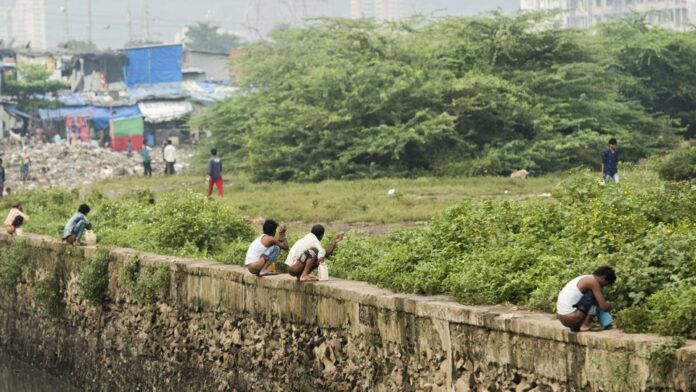ARecent study by Water Sanitation and Hygiene Natural Outcome Routine Mapping (WASHNORM) has revealed that 73% of Abia residents consume water contaminated with E. coli (feces), while 2% of the population still practices open defecation.
The WASHNORM survey, conducted in collaboration with the Federal Ministry of Water Resources, National Bureau of Statistics, UNICEF, World Bank, and World Health Organization, highlights the grave health implications of consuming contaminated water.
UNICEF advocates constant hand washing with soap and running water to reduce preventable diseases. According to UNICEF’s WASH Specialist, Mrs. Rebecca Gabriel, only 35% of schools and 30% of healthcare facilities in Nigeria have access to basic hand washing facilities.
Critical Times for Hand washing
UNICEF identifies five crucial times for hand washing: before preparing meals; before and after eating; before breastfeeding; after changing babies’ diapers and after defecating.
Call to Action
UNICEF urges governments to integrate hand hygiene into national response plans and development strategies. The organization also appeals to donors, suppliers, businesses, and institutions to prioritize hand hygiene and support public health and economic resilience.
READ ALSO: Borno Flood: FG to overhaul Alau dam as c`ttee visits site
PDP Governors’ Forum brokers peace, lifts suspensions amid party crisis
Apostle Francis Nwubani, Acting General Manager of Broadcasting Corporation of Abia, emphasized the importance of hand washing, while Mrs. Chika Mbah, Acting Managing Director of Enugu State Rural Water Supply & Sanitation Agency, stressed that hand washing reduces disease spread.
Dr. Ijioma Onuoha-Ogwe, Communications Officer at UNICEF Nigeria Field Office, Enugu, appealed to media practitioners to promote hand washing awareness and encourage stakeholders to support this critical practice.

